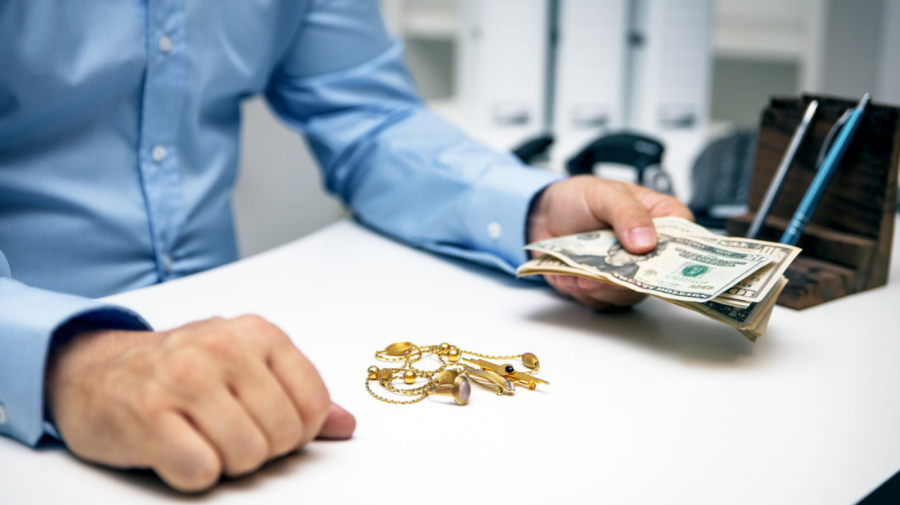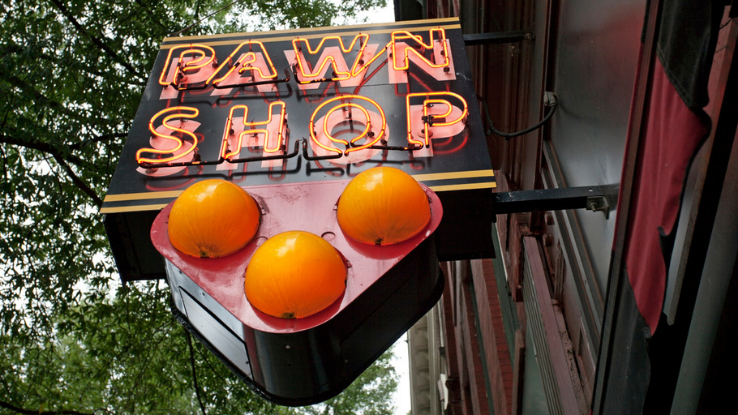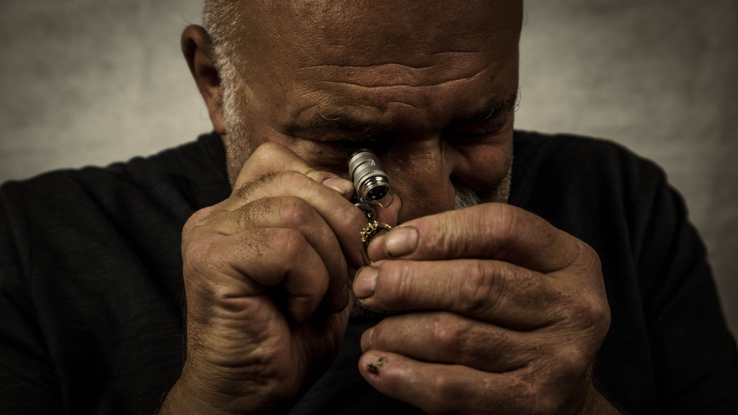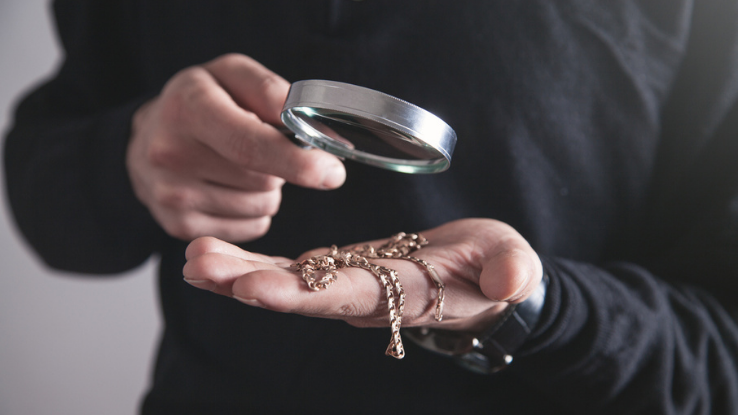
If you’ve fallen on hard times, you’re looking for a good deal, or you’re hoping to sell something of value, you may find the help you’re looking for at a pawn shop. Pawn shops are great places to find deals and short-term loans. Although some pawn shops sell new items too, most of their inventory comes from customers just like you.
What Are Pawn Shops?

Pawn shops are unique in that they are both retail stores and short-term lenders. Rather than buying products to sell from a manufacturer or wholesaler, pawn shops get all of their inventory from customers. You can sell valuable household items like jewelry, electronics, and instruments to a pawn shop. The pawn shop can either pay you outright or give you a loan for the value of the item.
For buyers, pawn shops are great places to get discount goods. While most of the items in a pawn shop are gently used, you can undoubtedly find lower prices for high-cost household goods than you would find at a big box store. More and more pawn shops are selling new items as well.
How Does Selling to a Pawn Shop Work?

There are two ways to sell to a pawn shop. The simplest way is an outright sale–you take your goods to the store, then a sales representative appraises the items and makes you an offer. If you accept the offer, the pawn shop will give you cash or a check on the spot, and you will leave your items there. The pawn shop is the new owner of the goods you sold, and you no longer have any claim to them. Some pawn shops may also have the option to receive payment in the form of an in-store credit, where you receive a store gift card for the worth of your goods.
The second way to sell to a pawn shop is to use your goods as collateral for a secured loan. If you repay the loan soon enough, you can reclaim your items. If you do not repay the loan in time, you lose all rights to your items. The pawn shop becomes the rightful owner of your goods, and the pawn shop is free to sell your items.
The loan amount is based on the appraised value of the item. To profit from the potential sale of your item, the pawn shop offers you less than the retail value. In addition to the resale value of your item, the loan amount includes interest and fees. Pawn shop interest rates are often in the double digits annually, comparable to credit cards. If you cannot pay off the loan in time, you can save your items by applying to extend the loan before it ends. Often, this will increase the amount of money you need to pay to get your items back.
Pawn Shops Offer Secured Short-Term Loans

Unsecured loans have no collateral attached to them. If you do not pay an unsecured loan, the lender can tack on late fees, charge interest, or even sue you in small claims court. However, the lender cannot take anything of value (other than the money you owe) from you.
Secured loans offered by pawn shops are just the opposite. With a secured loan, you put up something valuable that you own as collateral. If you fail to repay the loan, the lender can take the valuable item you deemed collateral as payment.
Pawn shops offer secured short-term loans. You can bring the pawn shop an item of value, and the store immediately pays you the worth of that good. The pawn shop keeps the item. You’re given an interest rate and a set amount of time to repay the loan. Usually, the loan term is not more than three months. If you repay the loan on time in full, you get your item back. If you do not repay the loan in full on time, the pawn shop keeps your item.
Pawn shops offer these loans to anyone who has an item the store is willing to buy. You do not need to prove your income, go through an application process, or have a high credit score. This is the draw of using pawn shops for many people. Although you may not qualify for credit cards or personal loans, you can get money from a pawn shop if you have valuable goods you’re willing to put up as collateral. Of course, there is the risk of losing your property if you cannot repay the loan in time.
Are Pawn Shops Safe?

Buying from a pawn shop is just like buying goods from any other resale store. You can browse the retail space, find the item you like, and purchase it. However, there are some safeguards in place that make buying from a pawn shop a little safer.
Pawn shops have pawnbrokers trained to appraise the value of the items sold in the store. Many pawn shops regularly turn down items that do not fit within the specialty of the goods they sell. They also call in outside appraisers to verify the authenticity of expensive items, such as antiques or luxury handbags. This makes purchasing an expensive item from a pawn shop a safer bet for buyers than buying from an individual.
Each state highly regulates pawn shops. Since pawning an item is a short-term loan, they have to follow the same federal financial laws that banks, credit card companies and other lenders are subject to. These regulations protect the interest of consumers who pawn goods. A pawn shop cannot hide the true cost of pawning an item, nor can one sell your items without due cause.
Pawn shops provide a place to make fast money by selling expensive goods. This makes them an attractive venue for thieves. However, many states have legislation that requires pawn shops to register the serial numbers of high-value goods with the local police department. The police can legally confiscate any items in a pawn shop that have been reported as stolen, and there are steep consequences for pawnbrokers who fail to report serial numbers.
While a pawn shop may not be the first store that comes to mind, you may be surprised by what deals you can find at your local pawn shop. The next time you find yourself in a financial bind, pawning an item may be just the breathing room you need.





